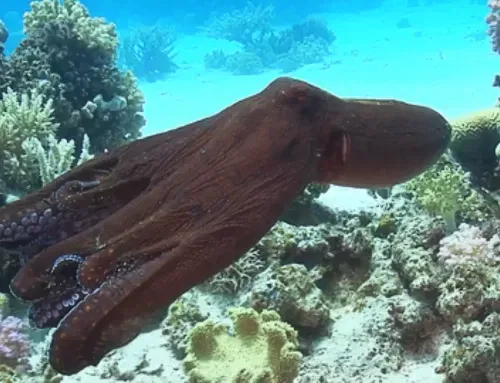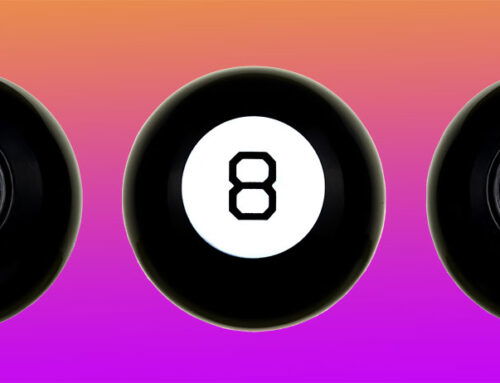Being a slow reader, I’ve dreamed for years how helpful it would be if I could download the contents of a book into my brain – wirelessly, of course. Imagine the time saved! I could get through War and Peace in less than an hour. “But it would take the enjoyment out of reading,” my friends told me. That’s ridiculous. There would be nothing preventing me from reading the book as slowly as I would like if I wanted to, or if I had the contents in my brain instead of in my iPad, I could read it to myself without anyone knowing that I was reading if I was bored to death at a lecture or other event. Think of the freedom that having all that information at the tips of your neurons! Information in the brain rivals money in the bank.
From the thought of downloading info into my brain I came up with an even more exciting idea: why not be able to link my brain with someone else’s? Again, wirelessly: I’m not up for invasive brain surgery. We really don’t know one another because we’re always stuck in our own heads. Linking brains would change that. What a revolution of communication it would be: two brains instead of one. Hopefully we wouldn’t be too disappointed too often when we link brains with someone we care for; it’s a risk we’d have to live with. It would probably make it impossible to lie. My guess is more optimistic: we would finally be able to understand one another enough to bridge some major gaps.
But person-to-person linkage would be even less extraordinary or interesting than person-to-animal brain linkage. Now, that would be something. But which animal? Ricardo, the protagonist in my novel, Jellyfish Have Eyes, tried to link the minds of jellyfish to one another, with some success, or at least he thought so. Well, I agree, that’s a stretch and still in the realms of science fiction – more fiction than science. But don’t be too rigid. We know so little. I wrote a blog – Do Invertebrates Have Minds? – a few weeks ago on my website and pointed out evidence for anxiety and maybe an inner mind in crayfish.
What a revolution of communication it would be: two brains instead of one.
“It can’t be done,” say the skeptics. “Our brains and those of animals are too different. We could never conceive what an animal can.”
How unimaginative these so-called realists are!
Now, a new book, The Soul of an Octopus by Sy Montgomery, has come out. I immediately downloaded it to my iPad. Octopus with souls? I’ve only read about 10% of the book, but listen to this: octopus befriend or dislike certain individuals, and they figure out puzzles on how to open containers. Even starfish appear to play games of sorts and to behave with a type of consciousness, even if they, like jellyfish, don’t have a centralized brain. There’s much, much more, and I must finish the book. It’s as Ricardo learned from his PhD mentor: different animals have different ways to sense the world, very different ways than we have. Octopus taste with their tentacles and suction cups; we need to stick food in our mouth. Montgomery says in her book that turtles like to have their backs scratched, while we think of the turtle’s back as rocklike and purely for protection. Wouldn’t it be nice to feel what a turtle feels?
From the thought of downloading info into my brain I came up with an even more exciting idea: why not be able to link my brain with someone else’s?
You get the point. We’re not the final word on what the world is like, and who thinks about what, and what thought is anyway. I know some people who would have trouble keeping up with a worm! I think Ricardo understood this. Now I’m beginning to believe it as well.






Leave A Comment